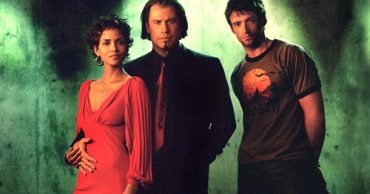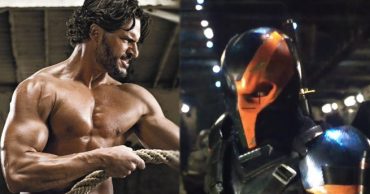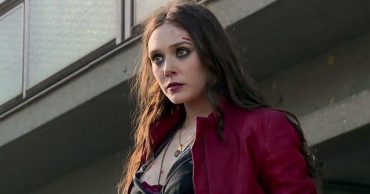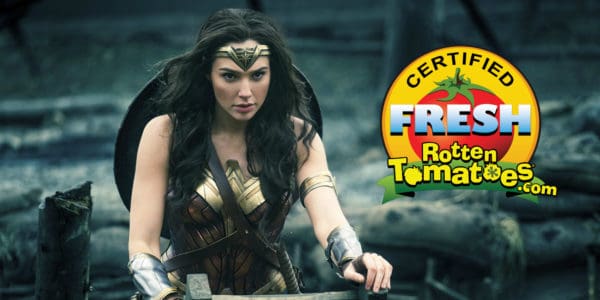
I’ll be the first to admit that it’s hard being on the “wrong” side of popular opinion. When everybody else is tripping over themselves to bash something you love, it’s hard not to get defensive. Even if they don’t mean anything by it — if they’re just giving their honest opinion about something you happen to like — a flood of voices posed against you is a Hell of a thing to not lash out against.
Fans of the DCEU — DC’s cinematic universe — find themselves in an especially unenviable position of defending a franchise that, as a rule, almost nobody likes. Its first entry, Man of Steel, earned a 55% on review aggregator Rotten Tomatoes: revealing a sharp critical divide among those who saw the movie. Both of its follow-ups — Batman vs Superman and Suicide Squad — stagnated in the mid twenty percents and underperformed at the box office.
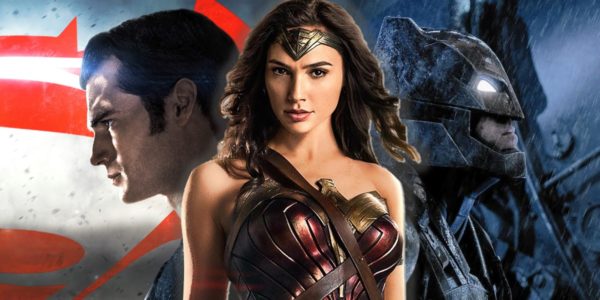
And rest assured, these movies are terrible. Outside of some spectacular action scenes, Man of Steel was dull and forgettable. Although it introduced Wonder Woman on the big screen, Batman vs Superman was a god-awful mess of confused characterizations and narrative inconsistencies. And don’t even get me started on how bad Suicide Squad was.
After four solid years of choking down some of the worst blockbusters of recent memory, DC fans now have reason to celebrate. The reviews for Wonder Woman are in and it is an unqualified hit. Ahead of its Thursday night debut, the movie is resting on a commanding 93% rating on Rotten Tomatoes and is projected to make just under $100 million dollars over its opening weekend. Having just come back from my own screening of the film, I can confidently call it one of the best movies of the summer.
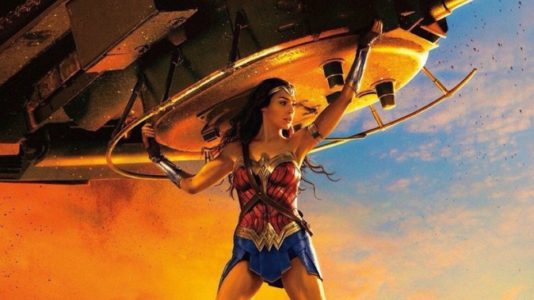
But for a small contingent of DC movie fans, the latest movie’s popularity doesn’t make up for the critical savaging that the earlier movies received. It’s not enough that the film’s getting heaped with well-earned praise, it’s evidently not receiving the right kind of praise.
DC fans have long maintained that there is an inherent critical bias against their movies, especially when compared to the consistently positive reviews the Marvel movies receive. It’s evidently not because Marvel makes good movies that the movie-going public loves, but because Disney has paid off the critics to slander its competition and artificially prop up everybody’s favorite Avengers.
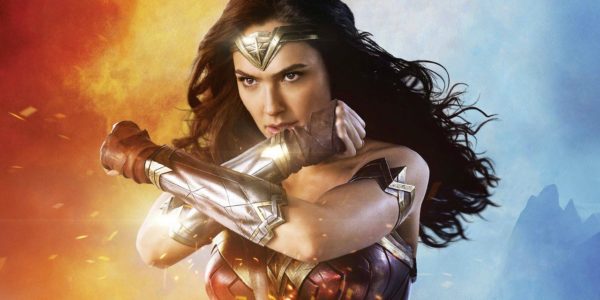
In a bizarre evolution of this baseless theory, a small contingent of fans are insisting that even Wonder Woman‘s universally positive reviews prove the existence of an inherent anti-DC bias among movie critics. That’s right: the positive review for the DC movie prove that critics hate DC movies. Never mind the fact that it’s better reviewed than Guardians of the Galaxy Vol. 2, Marvel’s latest blockbuster release, critics are evidently still pushing Marvel over DC because… reasons, I guess.
These incensed fans are evidently fine when the reviews focus exclusively on Wonder Woman itself. It’s when critics provide context for the film’s success — when they review the film within the framework of the inter-connected, over-arching, mega-franchise that DC has built it upon — that they lash out against them for being biased. They want “objective reviews” that ignore the movies-spanning set-ups and pay-offs for the DCEU.
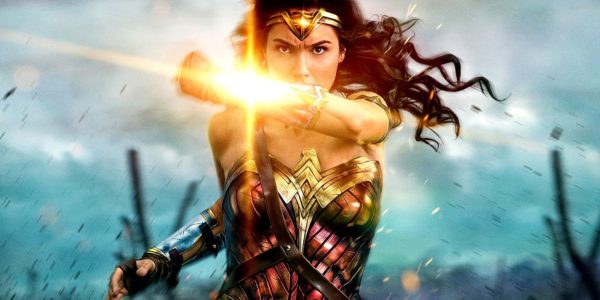
That’s not a review: it’s a press briefing. A critic’s job isn’t just to provide an opinion for the movie, but to provide an informed opinion about it. It’s why Alien: Covenant reviews tend to bring up Prometheus and why Spider-Man: Homecoming reviews will inevitably compare it to the Sam Raimi and Marc Webb movies.
Reviews are not a strict binary of “good” and “bad.” Reviewers aren’t robots that simply recite factual statements about what appeared on screen — Diana is a woman, Steve Trevor is an American spy, World War I last from 1914 until 1918 — they are fans themselves. They’ve seen the same trailers, read the same press coverage and have the same hopes for the movies as everybody else. They come in with their own set of expectations for the movie and leave with a unique opinion all their own: no different from anybody else in the audience.
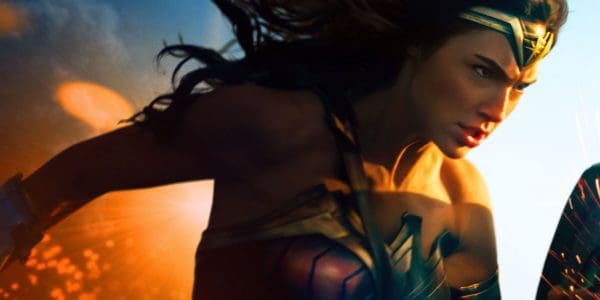
So of course, when discussing Wonder Woman, they will mention the obvious connections to Batman vs Superman: in which the protagonist first appeared and whose lingering plot-points this movie wraps up. Of course they’re going to talk about how it deviates from Man of Steel, the movie that established what the baseline for this franchise is. Of course they’re going to bring up Suicide Squad, the last time we’ve visited this particular version of the DC universe.
Wonder Woman is neither a better nor worse film based on the merits of previous DC movies. Those entries don’t drag this movie down with them. But they do all weave together to form a single series: the larger and more meaningful context that Wonder Woman fits into.
That’s not bias. It’s honest reporting.
 Follow Us
Follow Us

